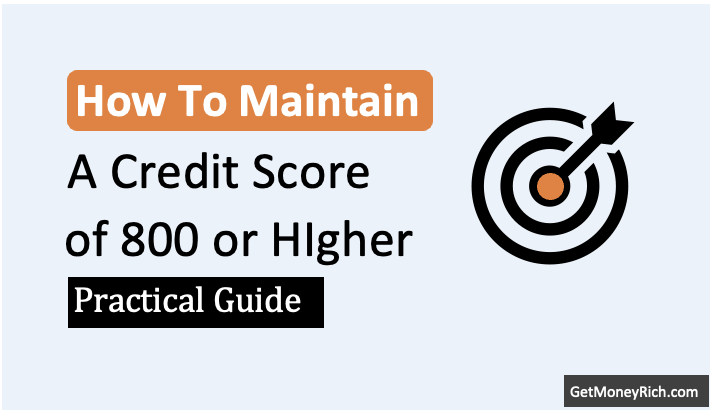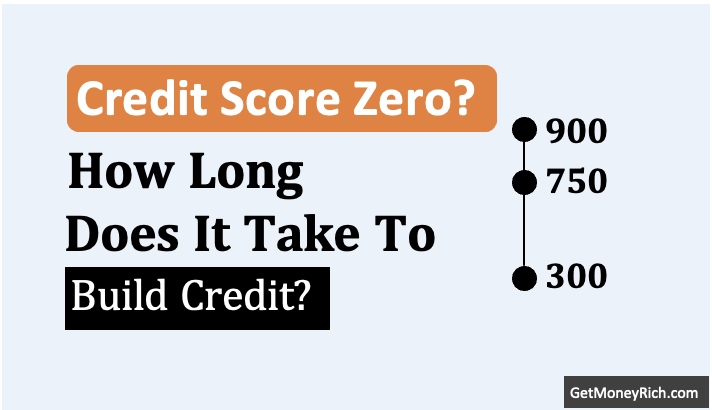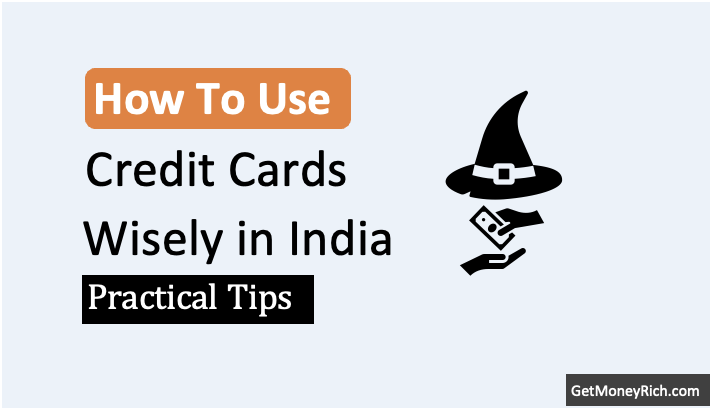Summary:
- This guide explains credit scores and reports in India, detailing how to build and improve your credit for better loan and credit card opportunities.
Introduction
You’ve probably heard the term “credit score” being used casually by people around you. Do you know what it actually means? I’ll tell you more about what is “credit” and how a whole industry is built around it. It will be an interesting read, so keep going.
Maybe you’re applying for a credit card or dreaming of buying a house on EMI. But you can’t get these things unless you have built a credit for yourself. Yes, you heard me right, no loans no credit cards till there is a credit history. I’m sure many people in their 20s might have faced this issue.
But what exactly is this credit score? Why does it matter so much?
I’m here to explain it to you. Let’s figure out how you can make it work for you.
Table of Contents
- 1. What Does “Credit” Really Mean?
- 2. Why Do We Need Credit Reports and Scores?
- 3. What’s Inside a Typical Credit Report?
- 4. How Do Banks Use Credit Reports?
- 5. What Exactly Is a Credit Score?
- 6. What’s a Good or Bad Credit Score?
- 7. How Can You Build a Good Credit Score?
- 8. Which Bills Affect Your Credit Score?
- 9. How Do Loans Affect Your Credit Score?
- 10. How to Improve a Bad Credit Score?
- Conclusion
1. What Does “Credit” Really Mean?
Credit is like a promise. When you borrow money, say through a bank loan or credit card, you promise to pay it back later.
Banks and financial institutions want to know if you’re good at keeping such promises. That’s where credit scores and reports come in. They’re like a report card for your financial behaviour.
You can get your credit score from credit bureaus in India. The big names are CIBIL (TransUnion CIBIL), Equifax, Experian, and CRIF High Mark.
These bureaus collect data about your loans, credit cards, and payments (from Banks, NBFCs, credit card companies, collection agencies, etc)
How to get your credit score?
You can check your CIBIL score, for example, on their official website or through apps like Paytm or Bajaj Finserv. Some banks also offer free score checks. Here is a link to Axis Bank which you can use to check your CIBIL score.
Usually, you’ll need to provide your PAN card details and verify your identity.
It’s simple, but it feels like a big step into the adult world, doesn’t it?
2. Why Do We Need Credit Reports and Scores?
Imagine you’re a bank in Bangalore. Someone walks in asking for a loan. How do you decide if they’ll pay you back?
That’s where the credit system helps.
Credit reports and scores give banks a snapshot of your financial history. It’s not just about trust, it’s about data. A data set upon processing will tell if a person if reliable or has a history of loan defaults. Banks want to avoid giving loans to doubtful people. How do they decide? Through, credit reports.
The credit system ensures banks can lend money safely. Without it, they’d either say no to everyone or take huge risks.
For us, as borrowers, a good score means better loan terms, lower interest rates, or even approval for that dream home in our city.
It’s like a safety net for both sides.
Ever wondered why some people get loans easily while others struggle? It’s often because of this credit system that’s working behind our backs (collecting data).
3. What’s Inside a Typical Credit Report?
Check here for a sample credit report from CIBIL.
A credit report is like a detailed file about your financial life. A typical report from CIBIL or Experian includes your personal details like:
- Your name, PAN, and
- Address.
- It also lists all your credit accounts, like credit cards, home loans, personal loans, etc.
- It will also list any thing that you have purchased whose payments you are doing on EMI.
- The report also shows your payment history. Did you miss a credit card payment last year? It’s probably there.
- It also tracks how much you owe and how long you’ve had each account.
- There’s also a section on inquiries, every time you apply for a loan or card, it gets noted.
Too many credit inquiries can make you look desperate for credit, which isn’t great for credit scores.
4. How Do Banks Use Credit Reports?
Banks use your credit report to solve the mystery of whether you’re a safe person to give a loan or offer a credit card.
If you’re applying for a car loan in Kolkata, the bank checks your report to see if you pay bills on time. They look at your outstanding debts and how many loans you already have. A clean report with timely payments tells them you’re reliable.
Your credit score, a three-digit number, sums it all up. A high score, say above 750 (out of 900), can get you faster approvals or lower interest rates.
What if the credit score is low? You might face rejections or higher costs.
Credit report for banks, it’s about reducing risk. For you, it’s about proving you’re financially responsible.
Banks use these reports to judge us. May sound harsh, but this is the way credit system works around the world.
5. What Exactly Is a Credit Score?
A credit score is a number that reflects your creditworthiness.
In India, it usually ranges from 300 to 900. The higher, the better.
Think of it as a grade for how well you handle borrowed money.
CIBIL, Equifax, and others calculate it based on your credit report. They look at things like your payment history, how much you owe, and how long you’ve used credit.
Each bureau has its own formula, but the idea is the same. A good score opens doors to new loans and cards. A bad one can make taking loan difficult.
I remember, back in 2001, when I was in my first job, I applied for my first credit card. It got rejected. I got my first card only several years later in 2005.
6. What’s a Good or Bad Credit Score?
In India, a score above 750 is generally considered good.
If you’re in the 800s, you’re in excellent shape. Banks love that.
A score between 600 and 750 is average. In this range some banks might still lend, but terms may not be great.
Below 600? That’s a red flag. You might struggle to get loans or credit cards.
Why does scores matter?
A good score can save you thousands in interest. If you have high credit score, you can bargain with your bank for a lower interest rate. If the credit score is low, I think you will not have this bargaining power. You might be in for higher EMIs or outright loan request rejections.
I know a friend in Mumbai who couldn’t get a personal loan because his score was 550. He had to work hard for a couple of years to fix it.
7. How Can You Build a Good Credit Score?
Building a good credit score is like planting a tree, it takes time and care.
How to build a credit score if you do not have a credit card or a loan?
Start by getting a credit card or a small, very small personal loan. Even if you have a cash, take the loan, and pay it back on time. Once this loan gets paid, take another small loan, and pay it back in full on time. Repeat this process for 4-5 times in say 2 years.
Why you are taking loans even though you have the money? It is your clever method to build your credit history.
Every time, you take a loan and pay it back, points are added to your credit report.
Even a single missed payment can hurt your score. That is why I’m asking you to avail only small persona loan. You’ll not miss to pay it back in full on time.
How to build a credit score if you have a credit card or a loan?
Keep your credit card balance low. Never max it out, even if you’re tempted by that big sale. Thumb rule is, you should never use more than 30% of your credit limit. Every time you will cross the 30% limit, it gives a negative hint to the credit bureau. Repeated limit breaches will surely effect the score.
Also, do not apply for too many credit cards or loans. Too many applications in a short time can look bad.
If you’re new to credit, it might take 6 months to a year to build a decent score. Consistency is key.
I started with a basic credit card and made sure to pay the full bill every month. It wasn’t glamorous, but it worked.
8. Which Bills Affect Your Credit Score?
Not every bill impacts your credit score.
In India, credit card payments, loan EMIs, and certain utility bills (if reported) are the main players. For example, if you’re paying for a phone on EMI through a credit card, that counts.
Missed a credit card payment? That’s a direct hit to your score.
Regular bills like electricity or rent usually don’t affect your score unless they go unpaid and get reported to a collection agency.
My cousin in Delhi learned this the hard way when a forgotten EMI tanked his score.
All loans and credit card card bills are tied to our credit scores. Make sure to pay them in full on time.
9. How Do Loans Affect Your Credit Score?
Taking a loan can be a double-edged sword.
- If you pay your EMIs on time, it boosts your score by showing you’re reliable.
- But if you miss payments or take on too many loans, your score can drop.
The type of loan also matters.
Secured loans, like home loans, are seen as less risky than unsecured ones, like personal loans.
Also, every loan application triggers a “hard inquiry” on your report, which can slightly lower your score.
My sister took a small personal loan in her 20s to buy a laptop. Paying it off on time felt like a small victory, and the score thanked her.
If you are planning to take a loan soon, make sure to check if your current credit score is 750+ or not.
10. How to Improve a Bad Credit Score?
So, your credit score isn’t great. No need to panic, it is a problem but it can be fixed.
- First, check your credit report for errors. Sometimes, wrong data can drag your score down. Dispute any mistakes with the bureau.
- Next, start paying all your credit card bills on time. Set reminders or auto-payments to avoid slip-ups.
- Then, go and make prepayment on all high-interest loans first. These can be your credit card balances or personal loans.
- Do not close old credit card account. Keeping them active can help your score. Try making payments using your old credit card. Then, go on to pay the bill in full within the free credit period. Repeat this process of 12-18 months.
- Avoid applying for new credit until your score improves.
Unfortunately there are no quick fixes to improve ones credit score.
A bad score will take about 12-18 months to see real progress.
Conclusion
Your credit score isn’t just a number, it’s a tool.
Whether you’re dreaming of a new car or a flat, a good score can make things easier.
It takes effort to build and maintain a good score, but it’s worth it.
Start small, stay consistent, and keep learning.
What’s one thing you’re going to do today to improve your credit? Tell me in the comment section below.






